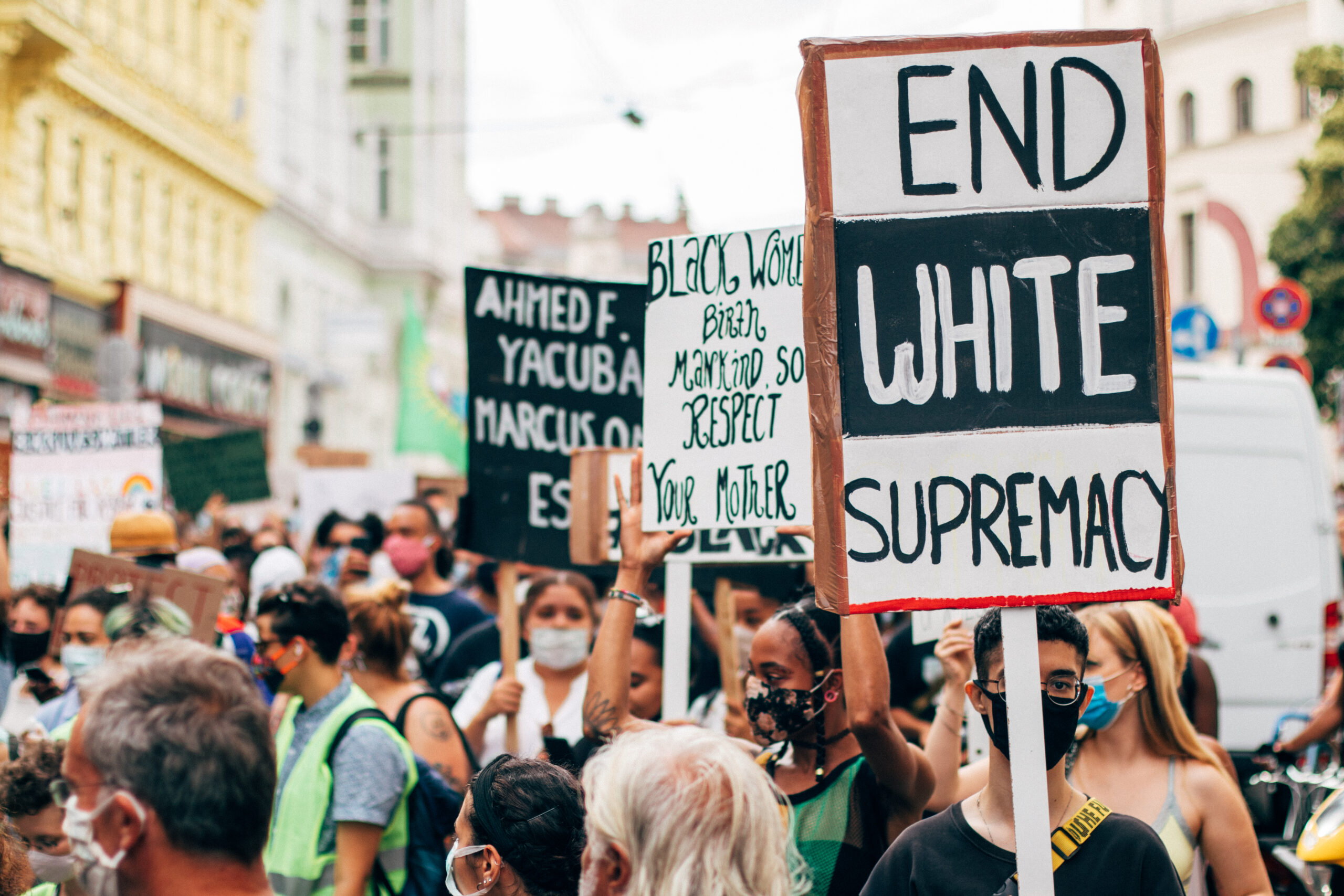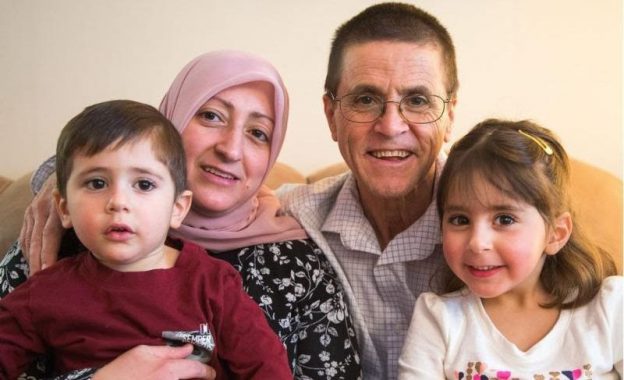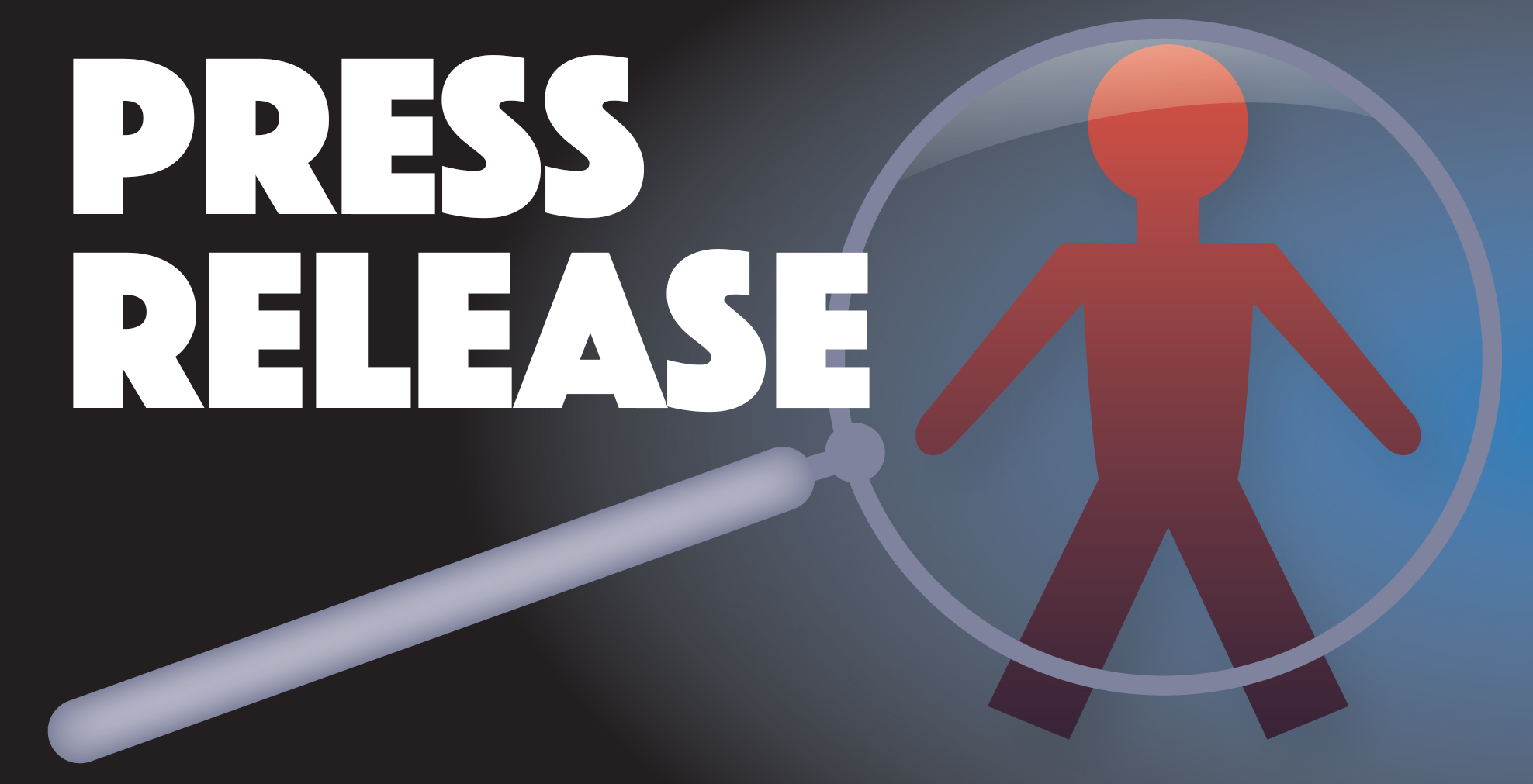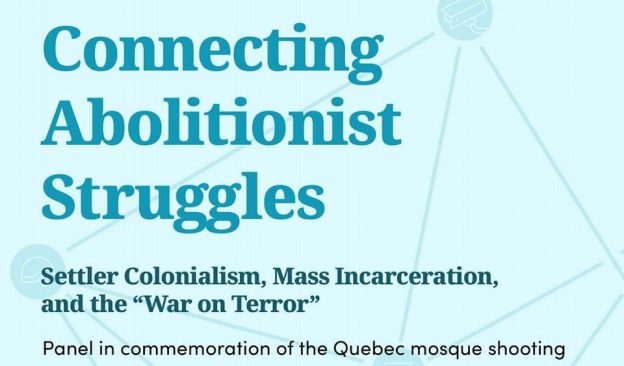
Credit: Ivan Radic/Flickr CC-BY
Jan. 29, 2021
The Right Honourable Justin Trudeau
Prime Minister of Canada
80 Wellington Street
Ottawa, ON K1A 0A2
The Honourable Bill Blair
Minister of Public Safety
269 Laurier Avenue West
Ottawa, ON K1A 0P8
Via email
RE: Terrorist Entities List and combatting white supremacist and hate-based violence
Prime Minister Trudeau and Minister Blair:
We are writing to you regarding your recent comments on adding violent white nationalist organizations to Canada’s Terrorist Entities List.
We applaud your government’s commitment to combatting hate-based violence and fighting against racism and white supremacy. This is an issue that has been ignored for much too long by governments and law enforcement agencies at all levels, and it is clear that there is a need for concrete and immediate action.
However, we are concerned with your government’s stance that this solution should include the use of anti-terrorism laws, including the Terrorist Entities List. This law and others have been decried by legal experts, civil liberties organizations, and racial justice advocates as threatening the fundamental rights of Canadians and people in Canada, and perpetuating the racism, xenophobia and Islamophobia inherent to the “War on Terror.”
The Terrorist Entities List, in particular, has been criticized for being a rights-violating and politicized process that allows for decisions to be made behind closed doors, based on secret information that does not need to meet the legal standard of evidence, and which can be withheld from the listed entity on vague grounds of “injuring national security.” Such secrecy undermines the justice system and prevents the accused of mounting a proper legal defense.
Moreover, the discretionary nature of which organizations are added to the list is highly problematic, and has resulted in the list perpetuating the harmful idea that terrorism and violence are primarily associated with non-white, non-western and non-Christian communities. This is despite the fact that there has been a documented rise in white supremacist violence worldwide.
The answer instead lays in the calls that have gone out from civil liberties, anti-racist and legal experts since 2001: there are tools in Canada’s criminal code that can be used to protect our safety and address organized violence without needing to resort to anti-terrorism laws which undermine due process and violate our rights under the Charter of Rights and Freedoms.
Many of these were included in submissions regarding the Anti-Terrorism Act, 2001, as well as the review of the Act three years later. These were well-documented in the dissenting opinion to the 2007 report on the review of the ATA, “Rights, Limits, Security: A Comprehensive Review Of The Anti-Terrorism Act And Related Issues.” In their dissenting opinion, then-MPs Joe Comartin and Serge Ménard write: Continue reading



